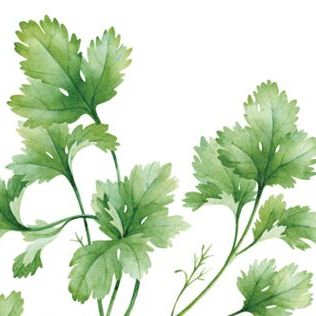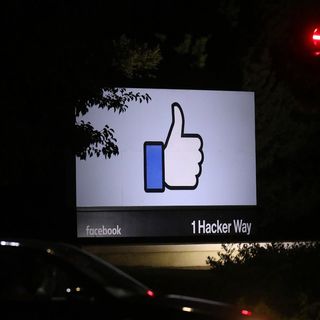The global population is not too hot on pathogens right now, what with the coronavirus pandemic and accompanying lockdowns souring everyone’s mood. But, not all pathogens are bad, prove environmental scientists from Leipzig, Germany — at the Helmholtz Centre for Environmental Research-UFZ; they have just discovered a first-of-its-kind bacterial strain that feasts on toxic plastic and uses it as a source of energy. This opens up a whole new avenue for humans to get rid of the billions of tons of unrecycled plastic clogging up oceans and landfills, scientists say.
Researchers found a strain of the Pseudomonas bacteria — a genus of bacteria known to live in damp areas and tolerate acidic environments — in a plastic dump, and found it can attack polyurethane. We produce millions of tons of this plastic polymer to use in furniture, mostly due to its flexibility and durability — which also means it is tough to recycle. Attempts to break down polyurethane also release toxic chemicals that kill most bacteria — but not this one, according to research published in Frontiers in Microbiology.
Related on The Swaddle:
BPA-Free Plastic Isn’t As Safe As We’ve Been Sold
“We found the bacteria can use these compounds as a sole source of carbon, nitrogen and energy,” researcher Hermann Heipieper told The Guardian. It could, however, be 10 years before scientists can use the bacterium on a large scale to tackle plastic pollution. While scientists had been exploring the ability of fungi to break down polyurethane, Heipieper said the newly-discovered bacterium could much more easily be utilized on an industrial scale.
Because of the huge amounts of plastic in the environment, it’s possible the evolution of this new strain of Pseudomonas bacteria will be very fast and that they’ll learn to eat toxic plastic as food, Heipieper said. In the meantime, “however, this certainly doesn’t mean that the work of microbiologists can lead to a complete solution … The main message should be to avoid plastic being released into the environment in the first place.”




